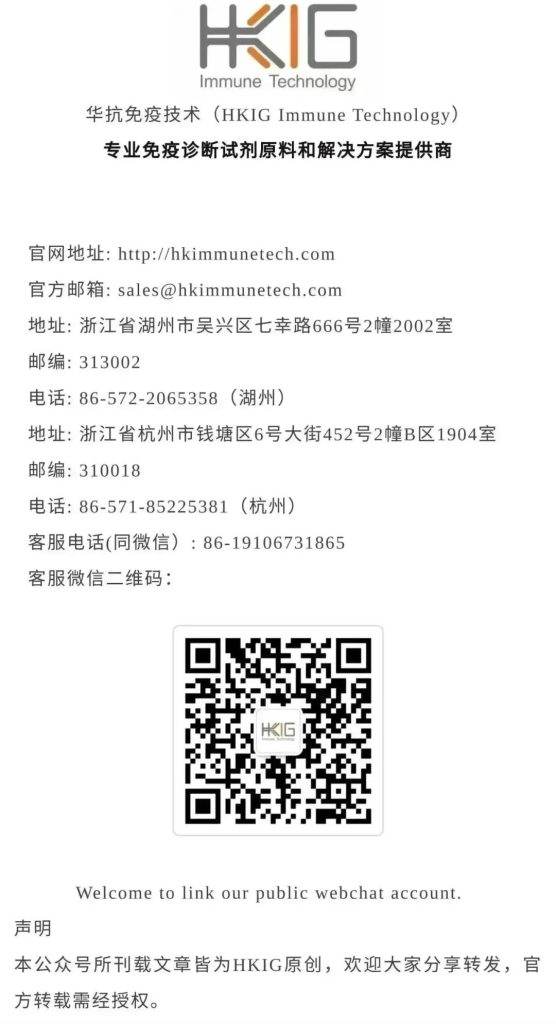Alzheimer’s disease (AD) is a common neurodegenerative disease, which is characterized by the deposition of neurofibrillary tangles and β-amyloid plaques in neurons.In the early diagnosis of AD, tau protein has attracted much attention as an important diagnostic marker. Tau protein is a protein that plays a supporting role in the axon of neurons, and its normal state maintains the structure and function of neurons by regulating the stability of microtubules.

In AD patients, tau protein undergoes abnormal phosphorylation and aggregation, forming neurofibrillary tangles, leading to the destruction of neuronal structure and loss of function. Studies have shown that the level of tau protein in the cerebrospinal fluid of AD patients is significantly increased, and the degree of increase is positively correlated with the degree of cognitive decline. tau protein, as a marker for the diagnosis of Alzheimer’s disease, provides strong support for early intervention and treatment.
Product Feature
HKIG innovative product: phosphorylated tau protein, with the following characteristics:
1. It is expressed in mammalian cells to maintain the conformation of the protein in human physiological state.
2. The phosphorylation of important sites (pT181, pT217, pT231) remained intact, which helped the phosphorylation detection of diagnostic indicators.
3. Covering the full length of the protein, no label, no modification, high purity, close to the natural protein structure to the greatest extent.
Product Information
| Name | Catalog No. | Size |
| Tau (phosphorylation) antigen | 2035 | 50μg/100μg |
1. Purity
>95% by SDS-PAGE

2. Authenticity and Phosphorylation
An indirect ELISA is adopted. Coating: tau (phosphorylation) antigen (#2035). Primary Ab: monoclonal antibodies targeting the total tau antigen or the phosphorylated aa. residues of pT181, pT217, pT231 of tau. Secondary Ab: goat anti mouse Ig HRP conjugated.

Welcome for inquiry!

